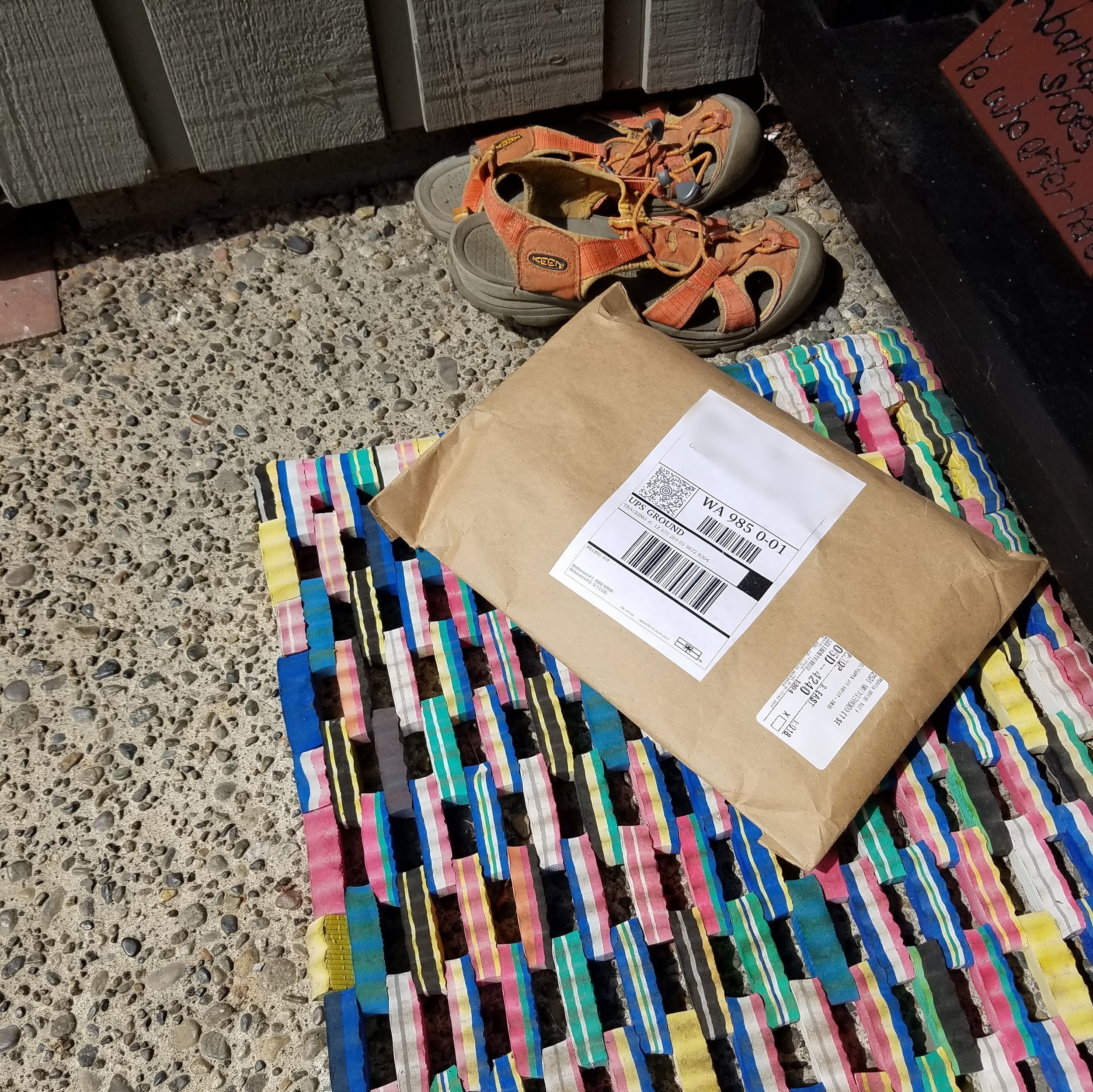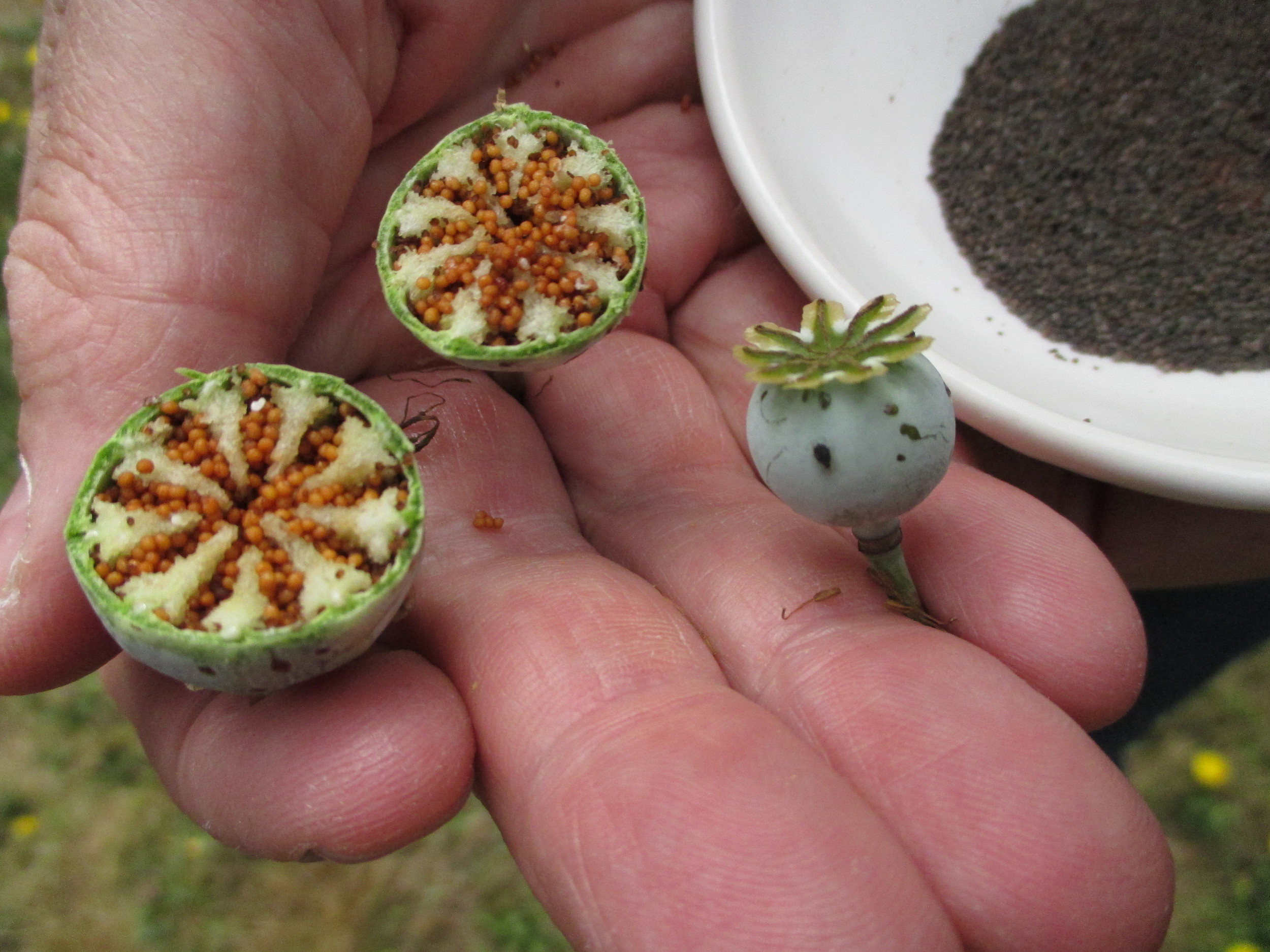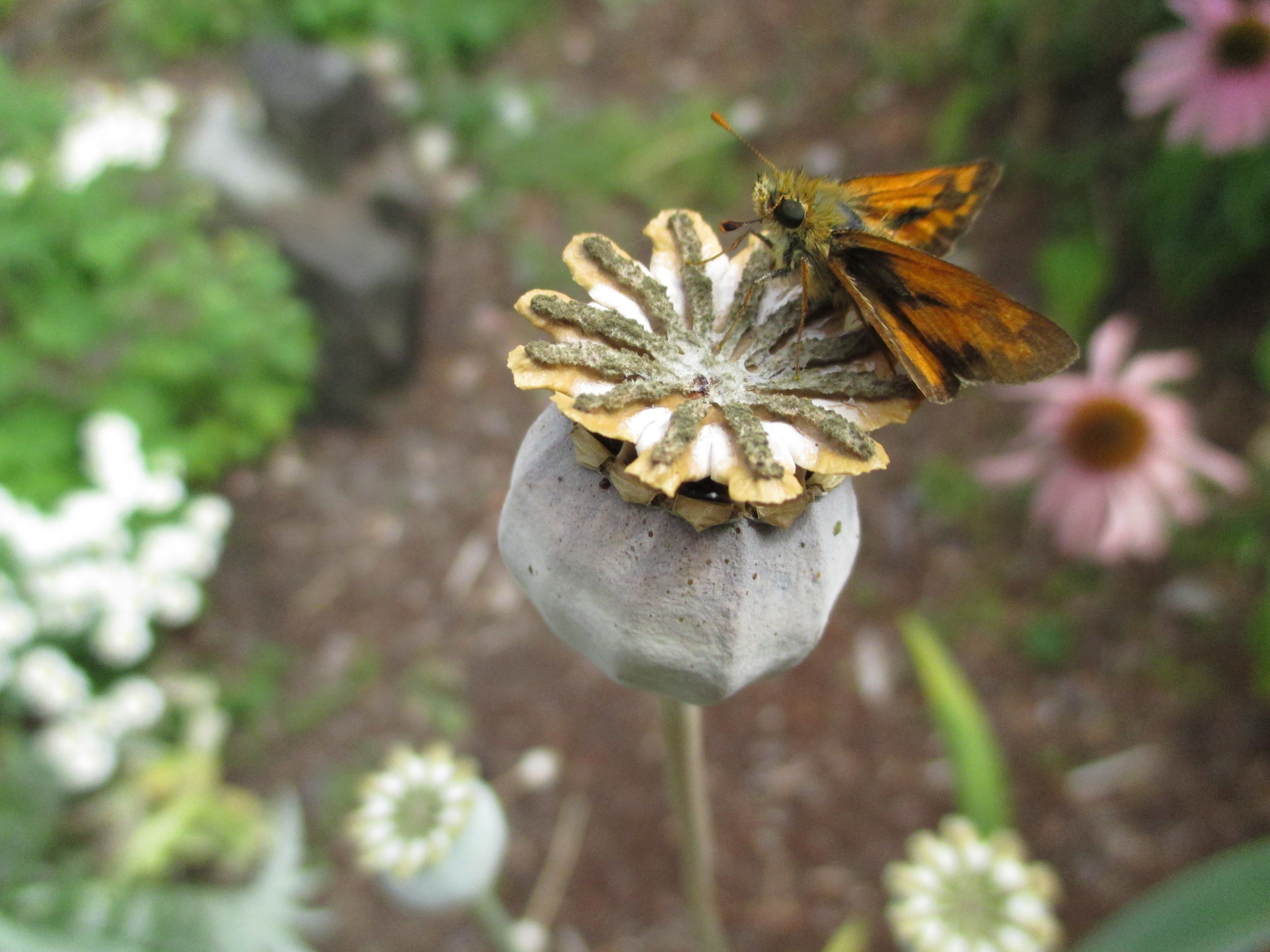What a great day in Cloudville! As I pulled into my driveway this morning after grocery shopping, I noticed a suspicious looking package on my front doorstep. Suspicious because it was about the size of a book. I leapt out of my car and toward the package. Yes! An early copy of my new book, A Sideways Look at Clouds.
Misperceptions About Marbled Murrelets
I was going to write about the clouds this morning, but was Google alerted this morning to a blog posting on the marbled murrelet. Because the blog comes from a timber-industry group, the Washington Forest Protection Association, and because my book, Rare Bird: Pursuing the Mystery of the Marbled Murrelet, is mentioned in the article, and because my book was used by the timber-industry blogger to support the state's logging of murrelet nesting habitat, I need to defend myself. Again.
Again, but differently.
Marbled Murrelets Photo by Glenn Bartley 2009
Back in May, I was politely accused in a Crosscut article of having ignored the scientific research documenting a potential cause of the crashing marbled murrelet populations: depletion of the fish the murrelet's feed on. I politely and fully defended myself in this blog posting. The research I had not included in Rare Bird in 2005 when my book was first published was published after I had completed my writing. When I explained this to the author of the Crosscut article, Eric Scigliano, he politely ate a tiny bit of crow and added a note at the end of his online article mentioning that I was addressing these and other newly documented threats in the paperback edition of Rare Bird (just released by Mountaineers Books).
Unfortunately, Scigliano's article remained online. Unfortunately, Ashley Bach, the Washington Forest Protection Association shill (sorry, but it's true) used the article to support the timber industry's popular new mantra: the murrelets problems are caused in the ocean, not by logging.
This is a convenient misperception. Convenient, facile, irresponsible, but sadly typical in the blame game being played at the expense of the marbled murrelet. Everyone is to blame for the murrelet's declining population--30% between 2001 and 2010 in Washington, Oregon, and California.
While no one will dispute the oceans have become increasingly inhospitable to marbled murrelets (and all other marine life forms), no one who has read the science carefully (or at all) would dare dispute the well-documented fact that the primary cause of the murrelet’s decline is—and has always been—the removal of the murrelet’s nesting habitat (aka logging).
Here is how the Scientists put it : "Marbled Murrelet (Brachyramphus marmoratus) populations have declined over much of their range due primarily to current and historic loss and fragmentation of older-aged forest breeding habitat (USFWS 1992, Nelson and Hamer 1995, Burger 2002, McShane et al. 2004, Peery et al. 2004, Becker and Beissinger 2006, Piatt et al. 2006, Hébert and Golightly 2007, Lynch et al. 2009, Miller et al. 2012). "
To read how misperceptions beget misperceptions, take a look at the offending blog.
Strange Fruit
The wonders of the Accidental Naturalist's garden: an artichoke long past its peak for clarified butter.
And yet another artichoke.
Poppies gone to seed (above). Dried seed heads are full of tiny black seeds that can be shaken out and saved for planting later.
Echinacea blooms offer late-season feast to a variety of pollinators, including this one left out of my field guides.
Poppy seed heads make resting spots for this butterfly (a skipper, but one I would have to catch in order to identify more precisely.)
While most gardeners are harvesting beans, tomatoes potatoes, zucchini, and all sorts of edibles, my garden generated a handful of blueberries and not much else. Why? Deer, rabbits, and slugs. What's in my garden is the result of five years of planting and replanting. It's an odd mix--a little on the Addams Family side--but the one the bees and butterflies love.













